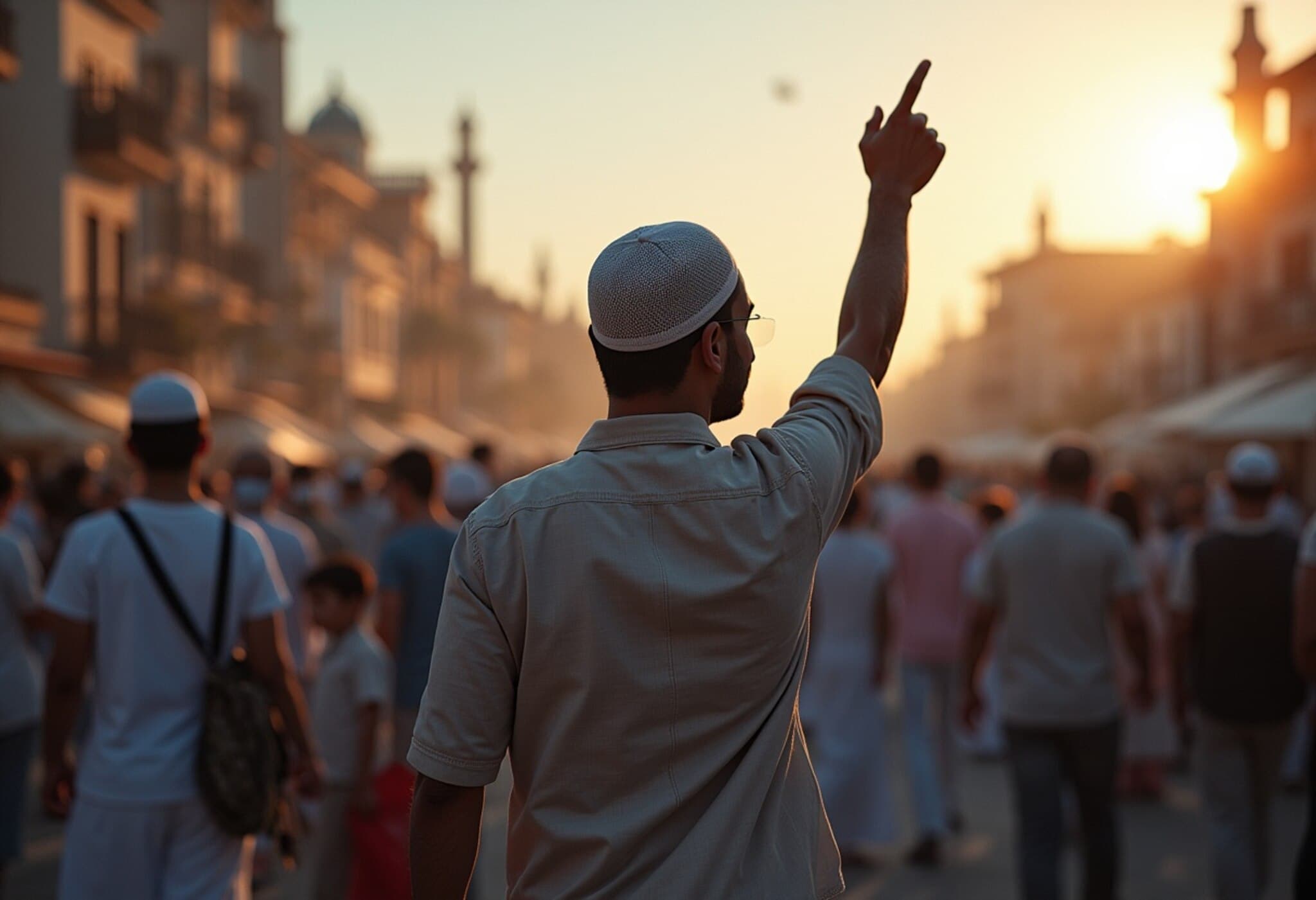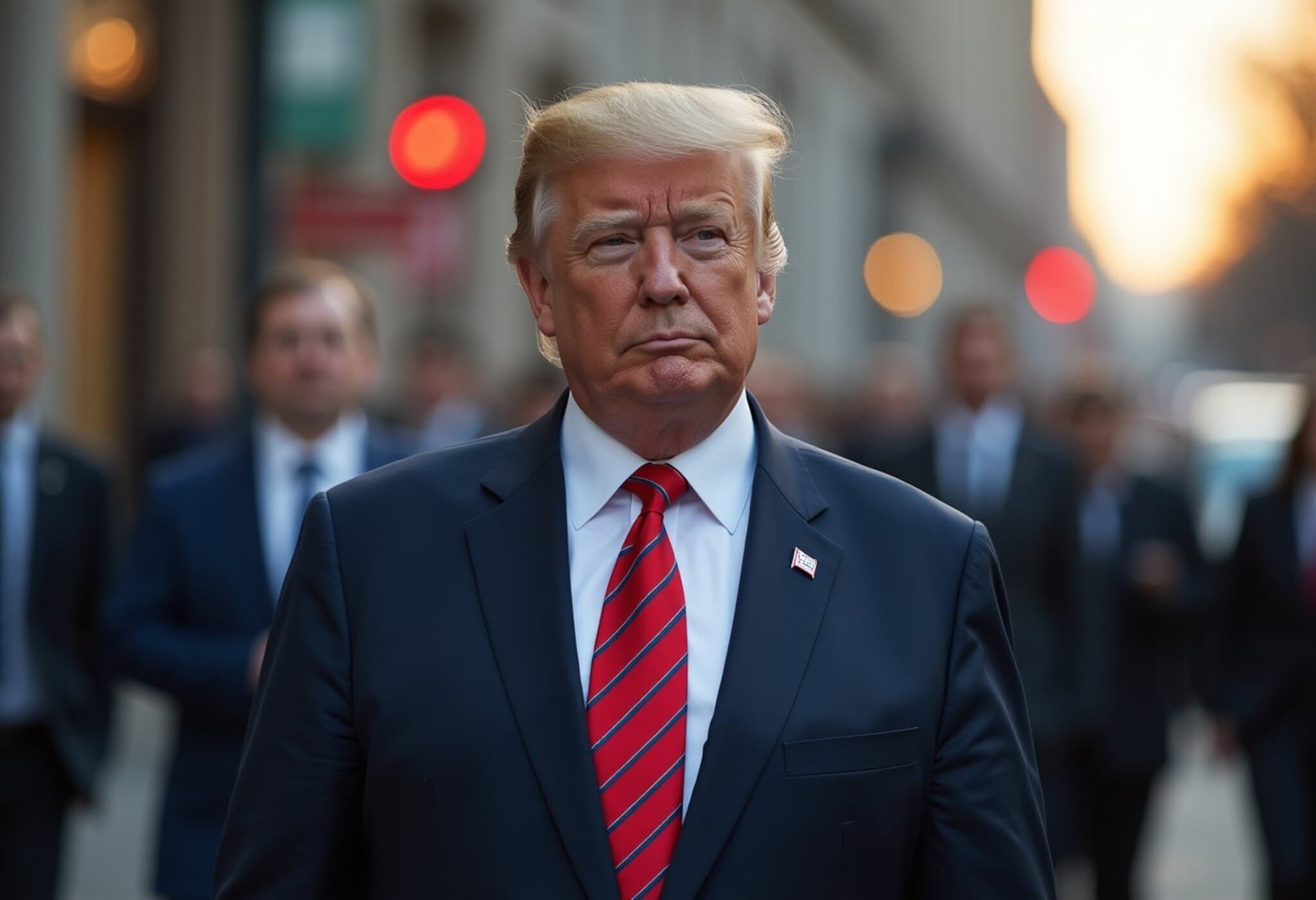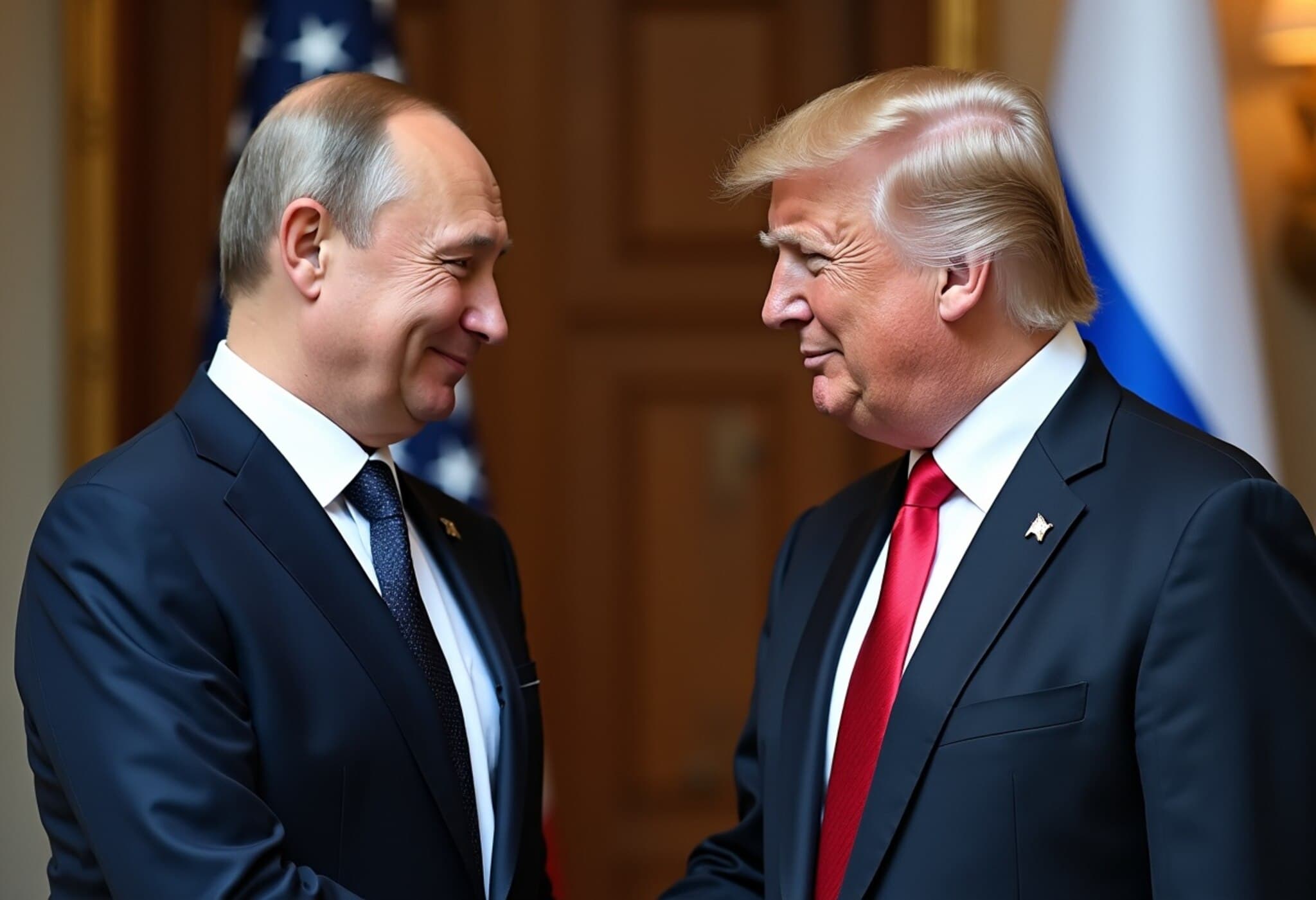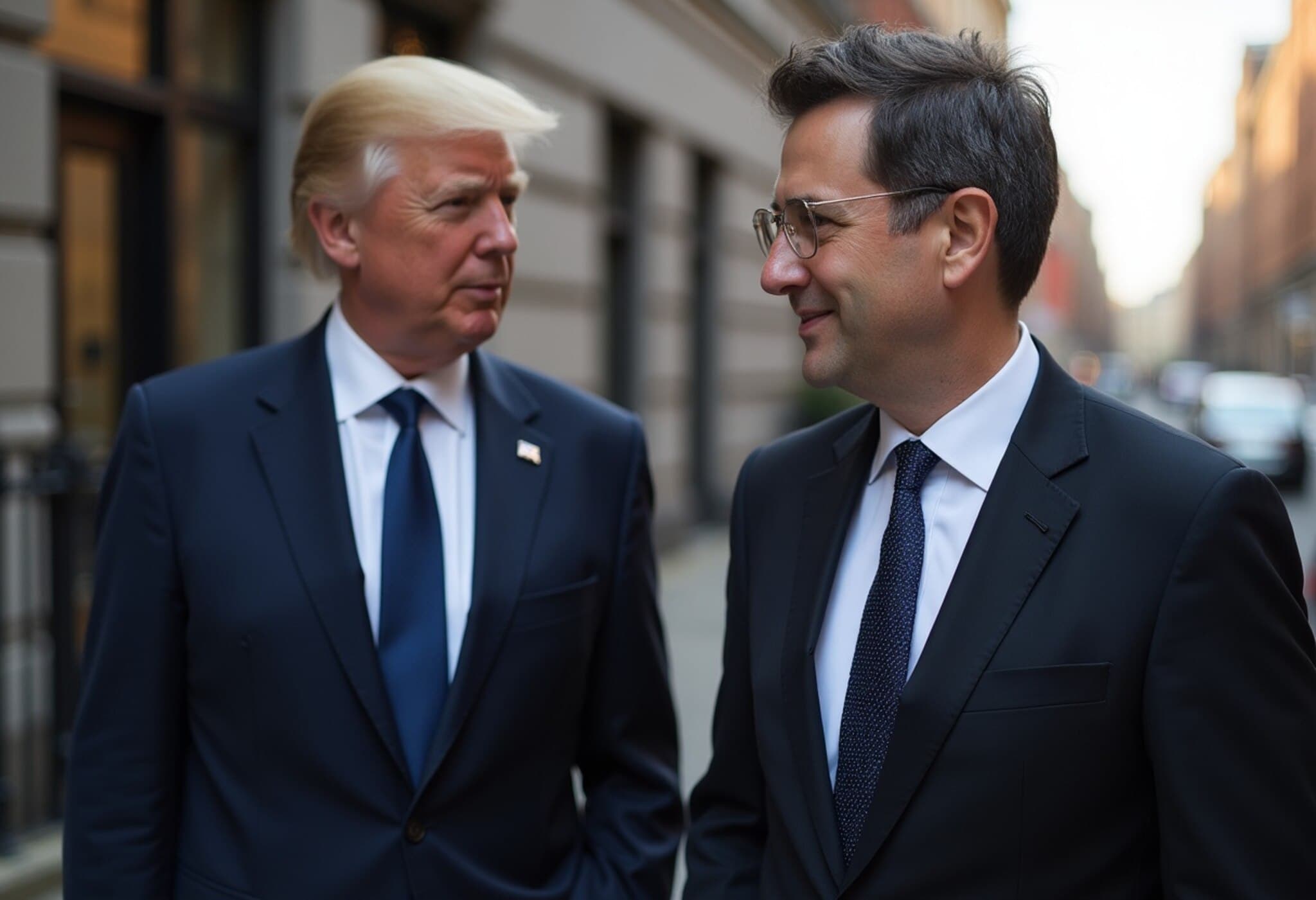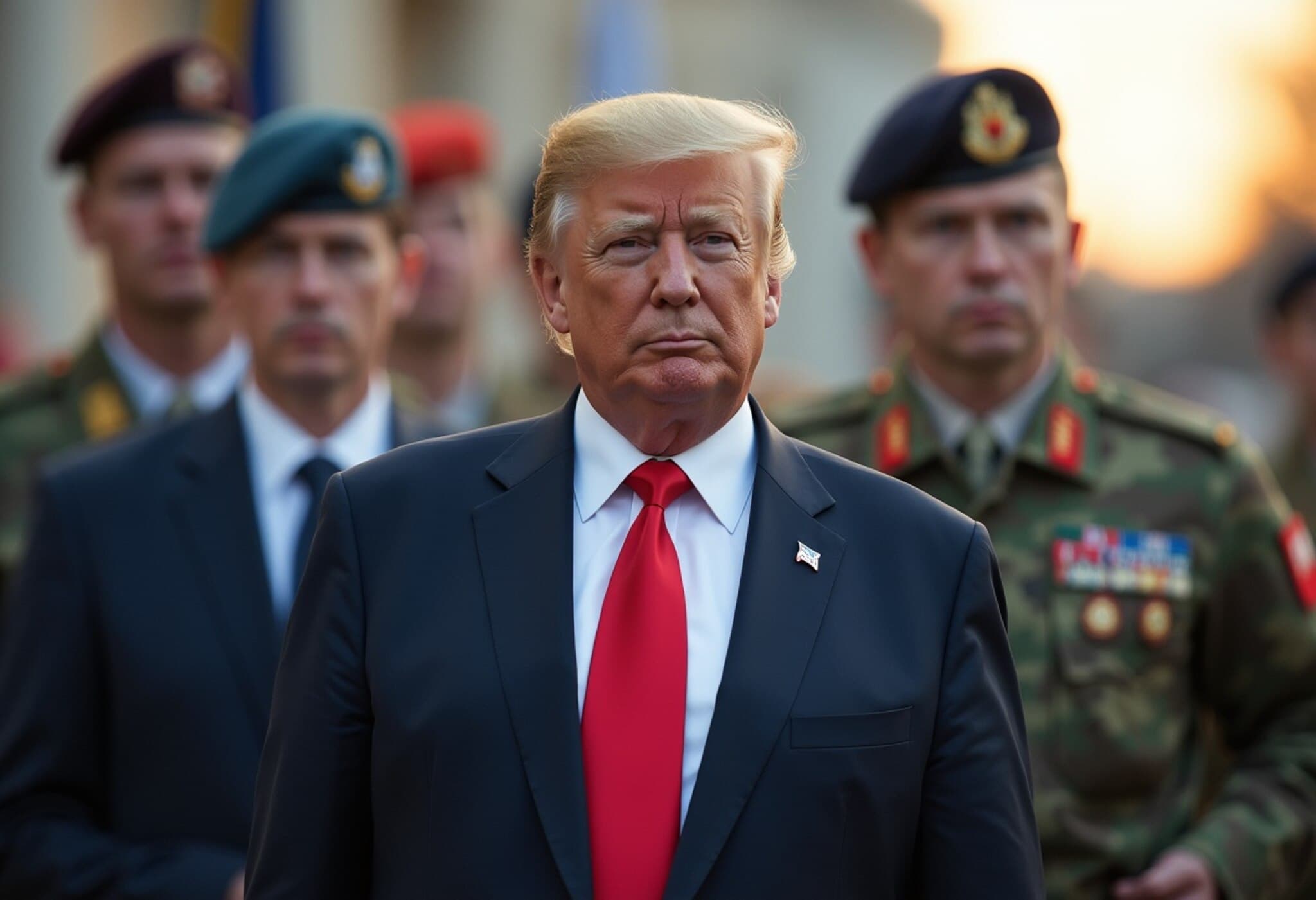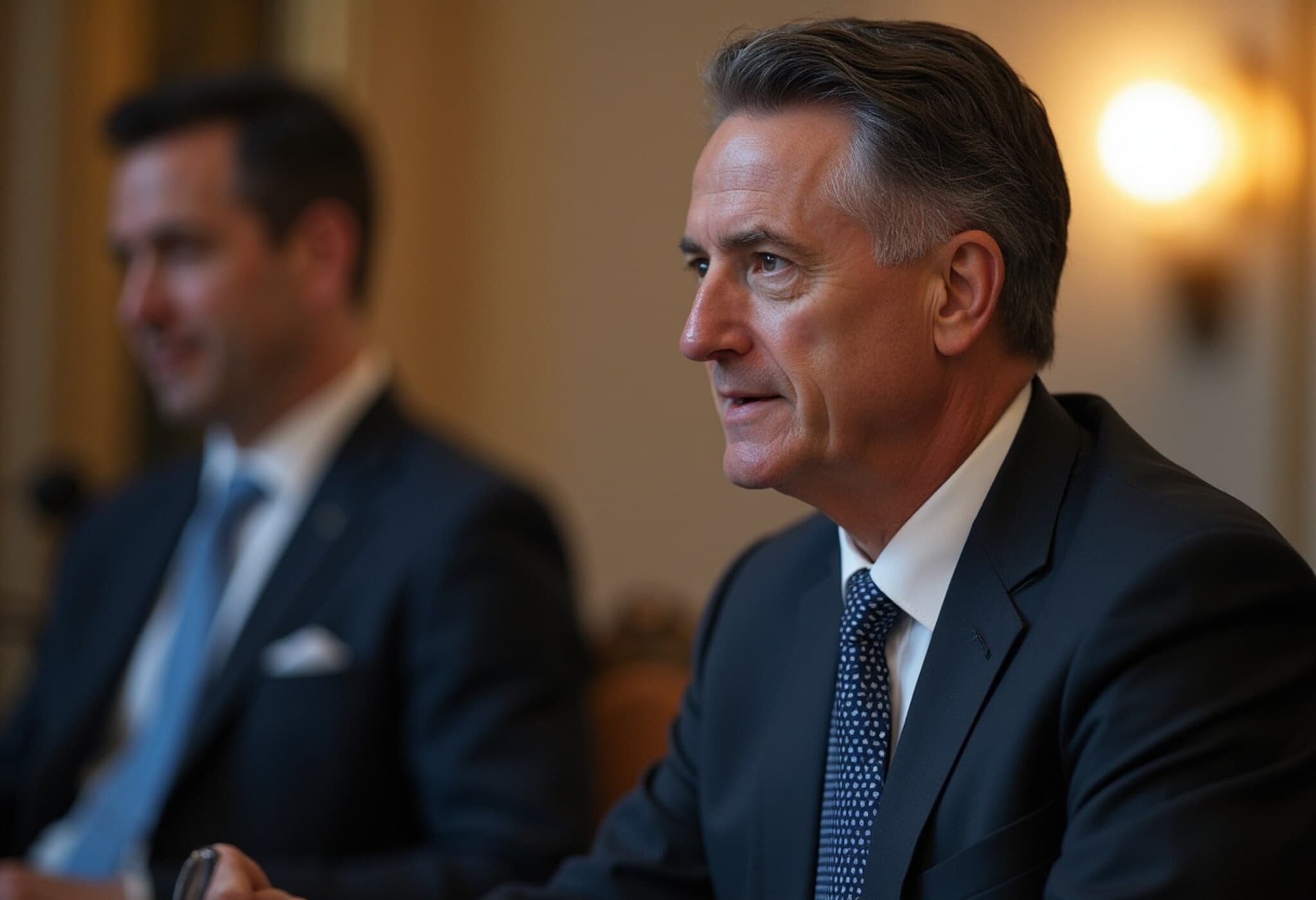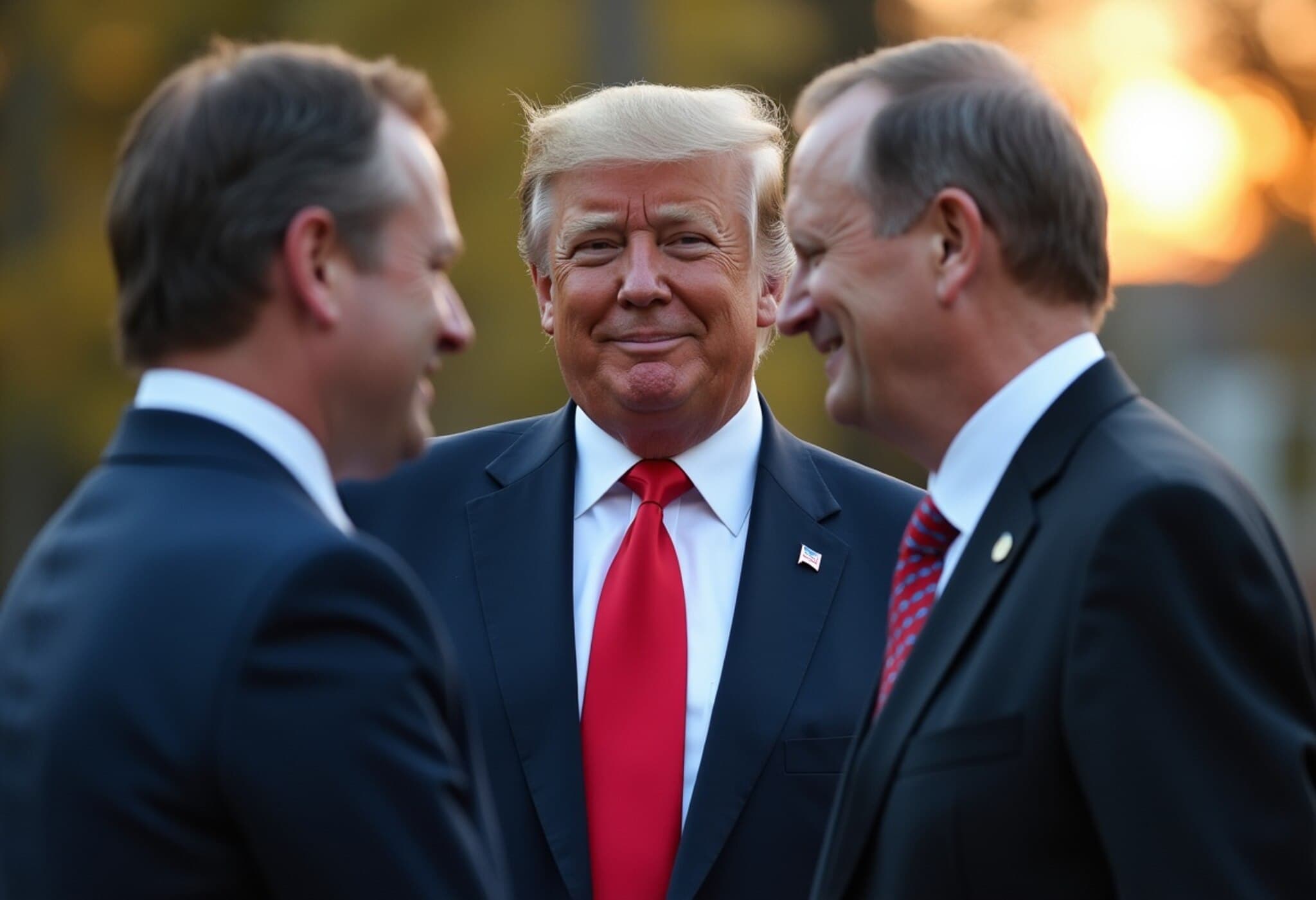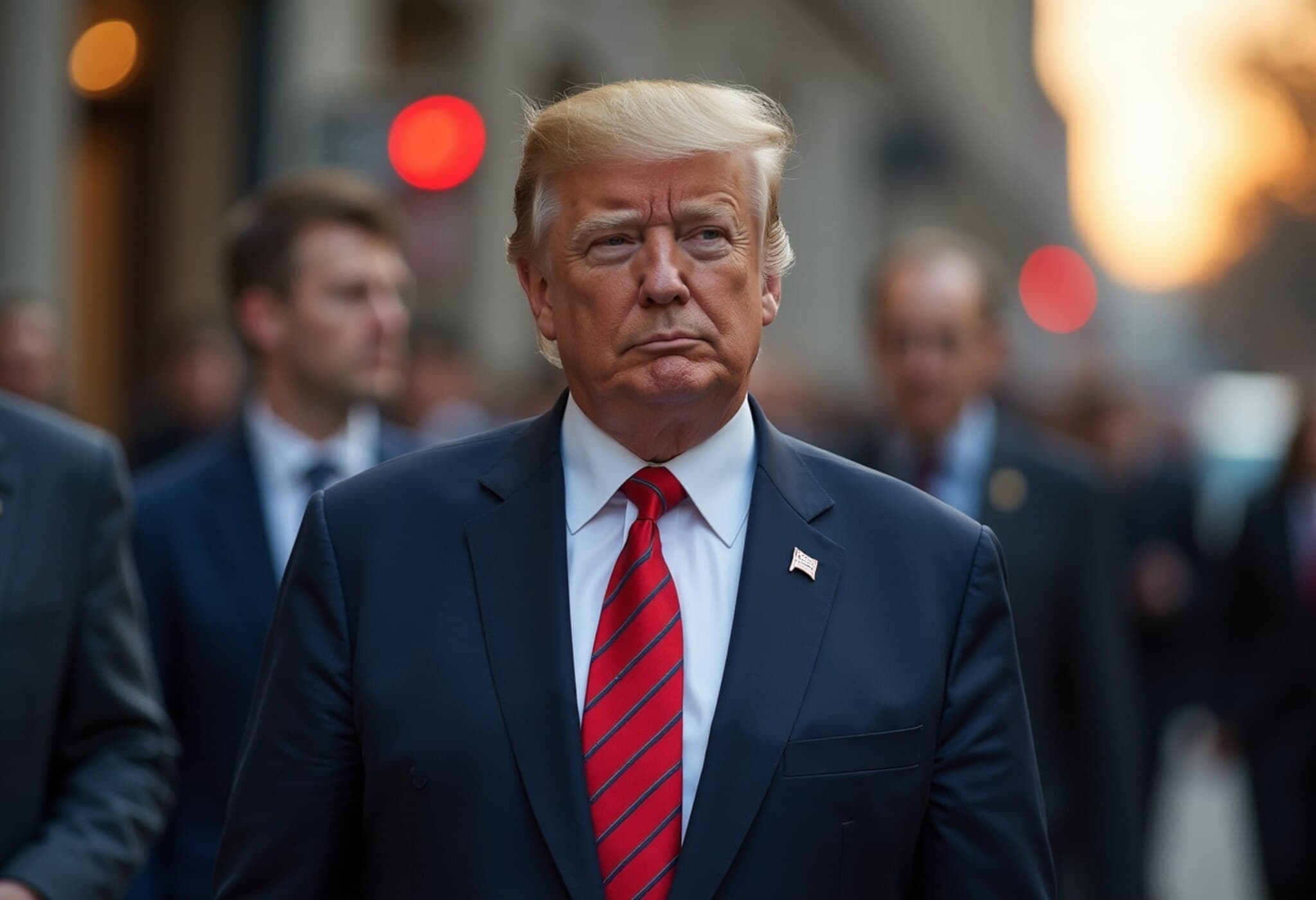Spanish Town Jumilla Prohibits Muslim Festivals in Public Venues Amid Rising Tensions
In a move stirring significant debate across Spain, the local council of Jumilla, a municipality in the Murcia region of southeastern Spain, has enacted a controversial ban on Muslim religious celebrations in public spaces. The decision, spearheaded by the conservative People’s Party (PP), specifically restricts events such as Eid al-Fitr and Eid al-Adha from being held in municipal sports and civic facilities.
The Decision: Identity and Exclusion
The resolution asserts that "municipal sports and public facilities cannot be used for religious, cultural, or social activities alien to our identity unless organised by the local authority." Although Jumilla hosts a modestly sized Muslim community—around 7.5% of its 27,000 residents, predominantly of North African descent—the ruling effectively curtails their religious expression in public venues.
While the far-right Vox party abstained during the vote, the motion found full backing from the conservative PP faction. Vox publicly celebrated the ban on social media, proclaiming that "Spain is and will forever be the land of Christian people," a message that crystallizes the cultural and political divide surrounding Spain’s demographic and religious diversity.
Local Reactions: Fear and Defiance
Mounir Benjelloun Andaloussi Azhari, president of the Spanish Federation of Islamic Organisations, decried the measure as "Islamophobic and discriminatory." Speaking to El País, he expressed a deep sense of unease, stating, "For the first time in 30 years, I feel afraid." His words expose the social and emotional impact on minority communities facing institutional marginalization.
Constitutional Concerns and Political Backlash
Legal experts and opposition leaders warn that the ban may conflict with Spain’s constitutional protections. Article 16 of the Spanish Constitution safeguards freedom of religion, ideology, and worship, permitting restrictions only when necessary for public order.
Francisco Lucas, leader of the Socialist Party in Murcia, slammed the ruling on social platform X (formerly Twitter), accusing the PP of undermining coexistence to cling to political power. He warns about the dangers of exacerbating social fractures, citing prior communal tensions such as those in Torre Pacheco.
Former Jumilla mayor Juana Guardiola also challenged the ambiguous language surrounding "identity" in the ban, questioning what narrative of cultural identity excludes a community with deep historical roots in the region.
Historical Context: Jumilla’s Complex Legacy
Jumilla’s past reveals a tapestry of cultural shifts. Originally under Roman rule, the town came under Arab control in the eighth century, maintaining a Muslim-majority population well into the Middle Ages. Christian forces led by Alfonso X reclaimed the area in the 13th century. Early coexistence under treaties like the Capitulations of Alcatraz ended after Castilian consolidation, setting a historical backdrop for the contemporary tensions over cultural and religious identity.
What This Means for Spain’s Social Fabric
This episode in Jumilla is emblematic of broader European challenges in integrating diverse religious communities amid rising nationalism. Spain is grappling with balancing its constitutional commitments to religious freedom with pressures from political factions advocating cultural homogeneity.
Experts suggest that policies like Jumilla’s ban risk alienating minority populations, potentially fueling social discord rather than fostering inclusion. The legal landscape will likely see challenges ahead as civil rights groups and constitutional advocates examine possible infringement of protected freedoms.
Editor’s Note
The Jumilla ban on Muslim festivals in public venues raises critical questions about identity, inclusion, and constitutional rights in modern Spain. As Europe faces growing debates over multiculturalism and national narratives, this case underscores the delicate balance between preserving cultural heritage and upholding democratic freedoms. Readers are encouraged to consider how such policies affect community cohesion and the lived experiences of marginalized populations, while reflecting on the role of local governments in shaping social harmony.

